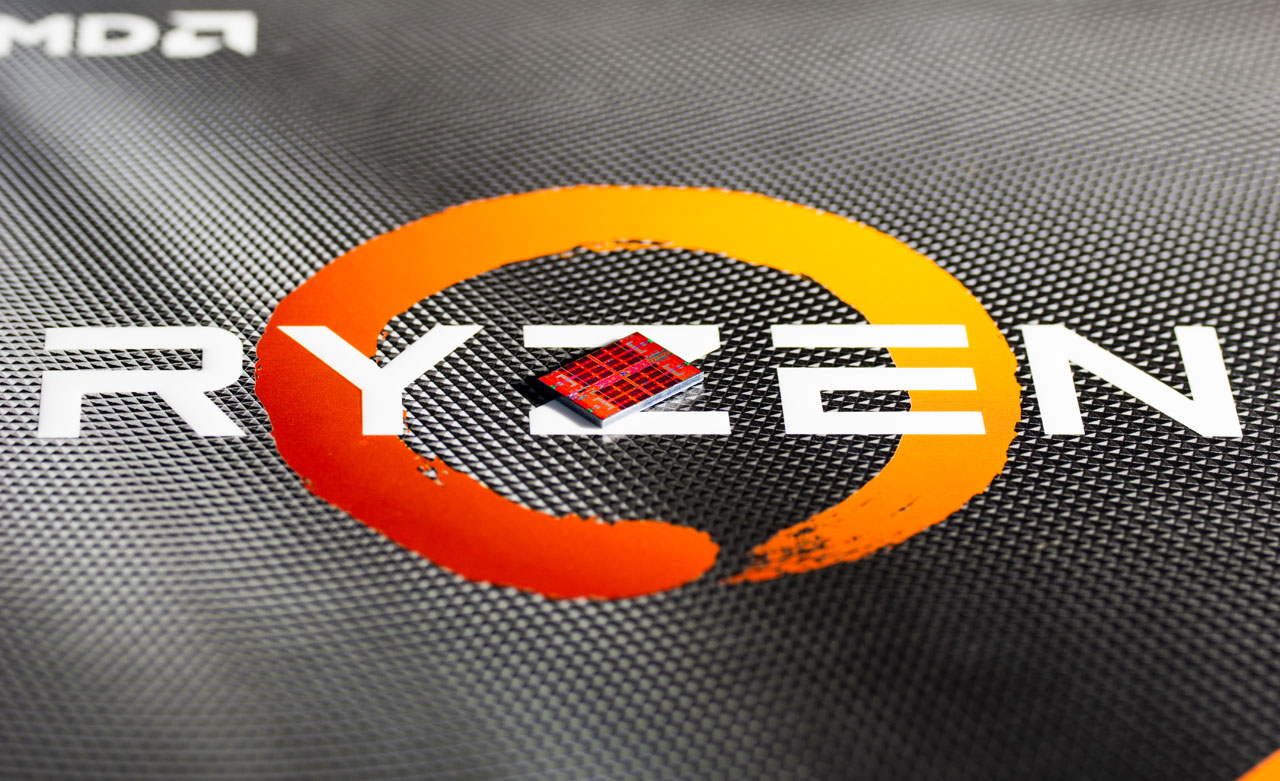News of intermittent USB connectivity issues on AMD Ryzen systems broke a few weeks ago, and the company has since announced that it is investigating the widespread reports to identify the root cause. AMD has not yet produced a full fix for the issue, but in the interim, its tech support has now issued its first official advice on steps that might help resolve the situation.
The issues seem confined to Ryzen 3000 and 5000 series CPUs in 500- and 400-series motherboards (i.e., X570, X470, B550, and B450) and consist of random dropouts for USB-connected devices. The complaints encompass several different types of USB devices, including unresponsive external capture devices, momentary keyboard connection drops, slow mouse responses, issues with VR headsets, external storage devices, and USB-connected CPU coolers.
The enthusiast community has been hard at work exploring several different workarounds that appear to improve the situation, and AMD’s tech support has emailed an impacted user outlining its suggestions (which were then posted to Reddit).
AMD has since confirmed to us that this is its current guidance on the matter. The advice comes as just that, advice, and it doesn’t appear that these steps are guaranteed to resolve the issue for all users. Here’s the short version of the advice, with emphasis added to the most relevant bits:
“Based on user feedback we have received; the suggestions below could improve or resolve general USB device stuttering issues.
1.) Verify that your motherboard is updated to the latest BIOS version and configured using optimized/factory default settings. Check your motherboard manufacturer’s website for BIOS update and download instructions.
2.) Check if your Windows 10 is on the latest build and fully up to date. For information on updating Windows 10, please refer to Microsoft article:
Update Windows 10
3.) Ensure that the Ryzen chipset driver from AMD is installed and up to date. Latest Ryzen chipset driver version is 2.13.27.501 and can be download here.
If you continue to experience USB connectivity problems after following the suggestions above, you may consider using either of the following workaround:
1.) Set PCIe mode from Gen4/Auto to Gen 3 in the BIOS
2.) Disable Global C-State in the BIOS.These settings are found in the BIOS. Please refer to the motherboard user manual if more information is needed.”Most of the advice follows good common-sense troubleshooting tips, like making sure you’ve installed the latest BIOS, chipset driver, and version of Windows 10.
The most interesting bits cover the two suggested workarounds. Notably, these suggested fixes mirror some of the crowd-sourced suggestions we’ve seen in enthusiast circles. AMD doesn’t suggest a few other popular suggestions, though, like manually uninstalling/reinstalling USB ports and root hubs and disabling unused USB headers. Hence, it appears that AMD has at least narrowed down the potential solution to some extent.
The message also provides information on how you can submit a bug report and assures users that the company is actively investigating the issue and will provide an update once a proper fix is available. You can see the full text of the message here.
